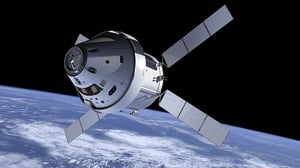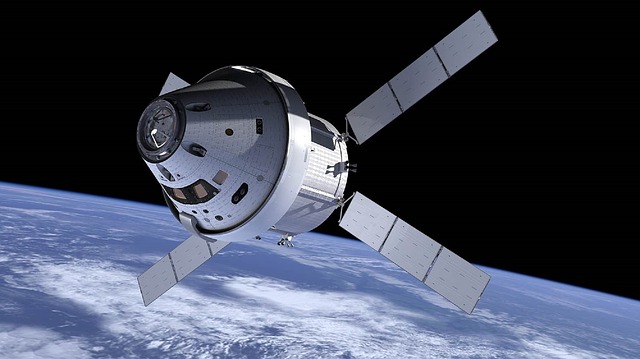Satellite technology and advances in robotics are set to revolutionise the future of farming.
No longer will farmers use heavy, soil destroying combines and tractors, instead they will employ a light army of mini robots which weed, spray and pick crops at the optimum time. Expert agronomists will advise thousands of farmers at a time. Using real data, farmers will be able to maximise the yield and quality of the crops as they leave the field.

Scientists are currently engineering robotic shepherds of the future and self-driving tractors are heralding precision farming – reducing labour and fuel costs.
Can the UK become Europe's centre of satellite technology? The Government’s Science Minister, David Willetts, certainly thinks so. The data provided will, in the coming years, become more and more detailed enabling farmers to have a greater understanding of their land and allow them to produce yield maps and farm more efficiently than ever before.
Will farms of the future be run by a fleet of robots: from crop-picking automatons to swarms of electronic bees, and will the farmer of the future be found in a control centre rather than out in a muddy field?
Over the course of several blog posts I’ll be looking into these developments. Read on to find out…
Self-driving tractors
Labour-saving devices, like self-driving tractors, are already in wide use. However, these are not driver-less machines; there is still a safety requirement for there to be a human operator overseeing the tractor’s progress in case of potential hazards or if the Global Positioning System (GPS) drops out and the signal is lost. Crucially, however, this is much less physically demanding on the operator so they can work longer hours, additionally any of the problems associated with inclement weather conditions and poor visibility can be overcome.
Christine Tacon, Chair of UK Farming plc, an investment fund, part of Brooks Macdonald Funds said:
(Image Credit: skeeze at www.pixabay.com)Increasing global population, change in diet, demand of crops for energy, water shortages, climate change, all mean we need to develop ways of producing more food off the land already in use. There’s also a massive environmental story going on which is that we are using a lot of fossil fuel to create fertiliser, we’re using a lot of chemicals, we’re using a lot of pesticides and fungicides, and those are starting to contaminate our water. So we need to be more intelligent about how we use them.


